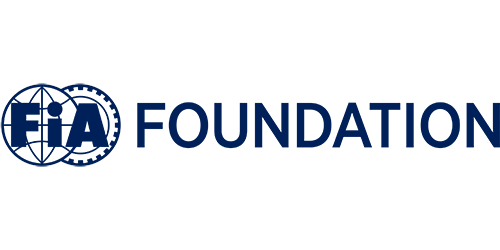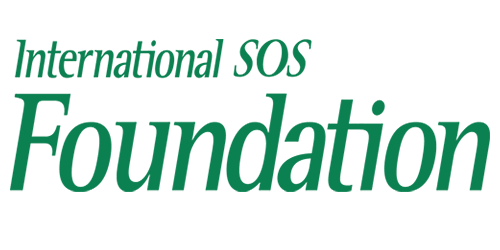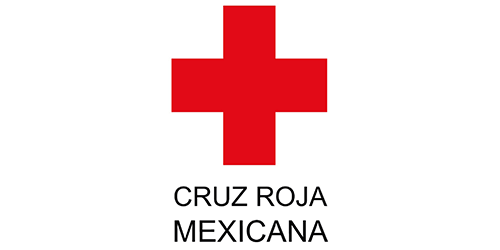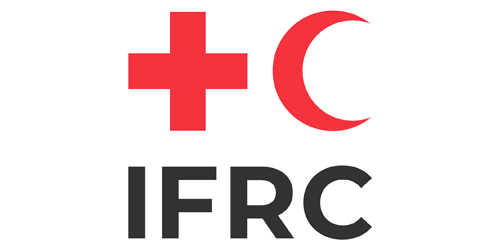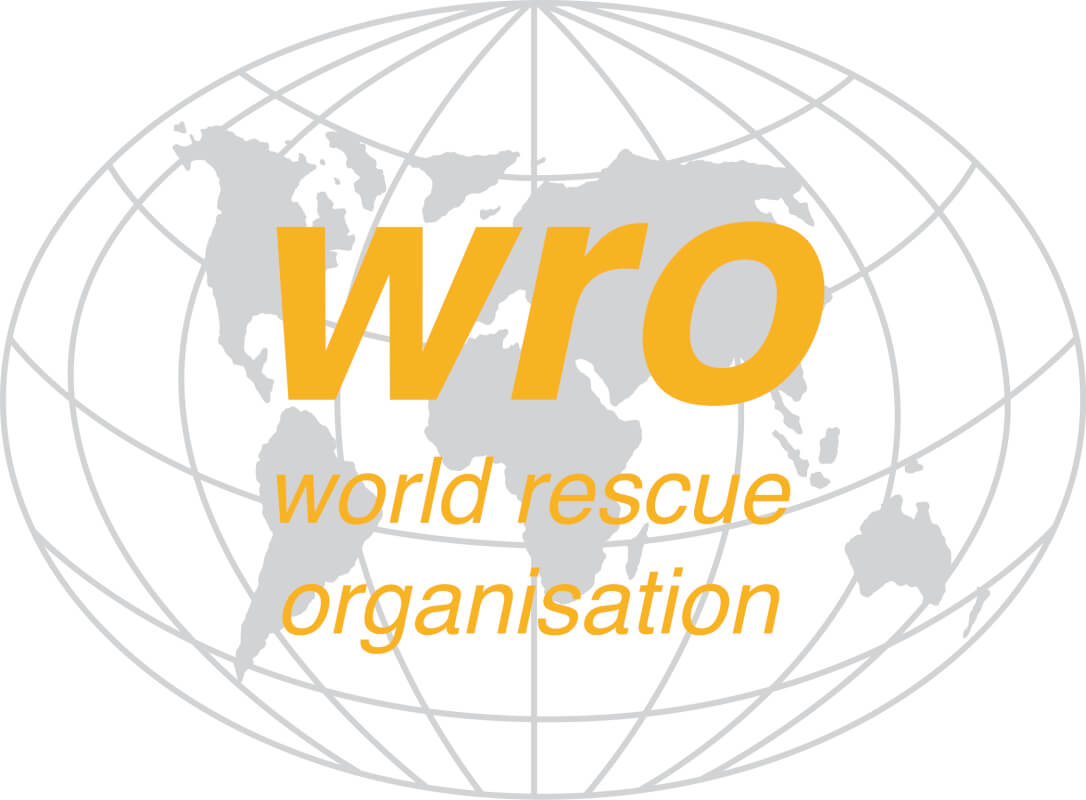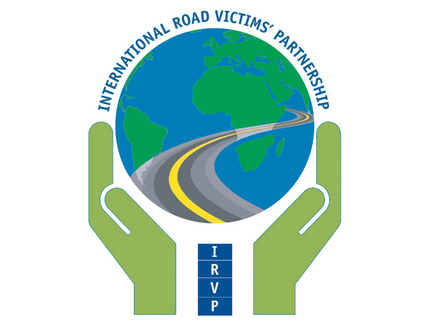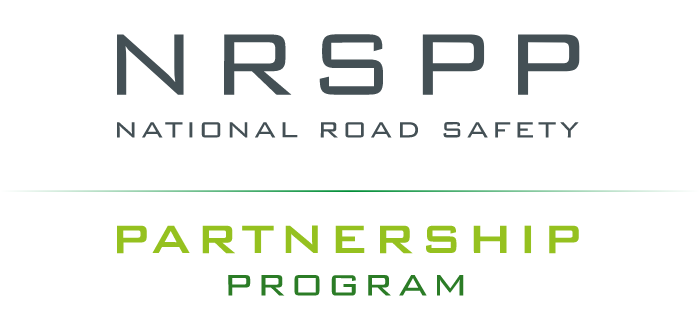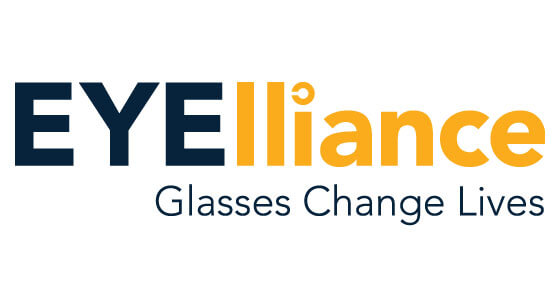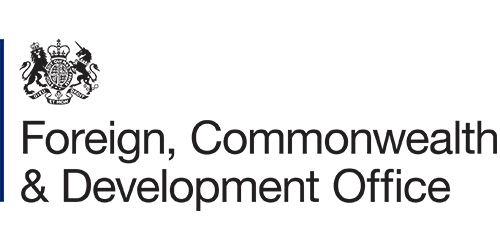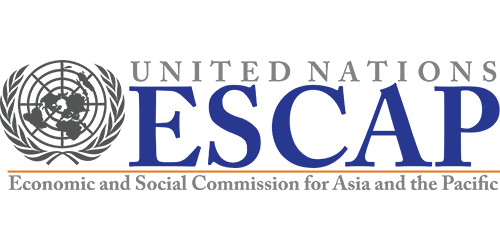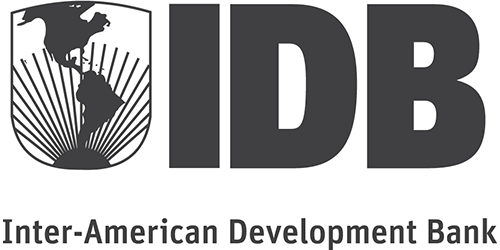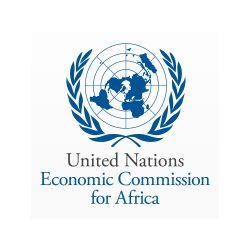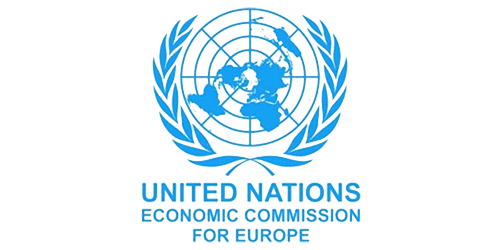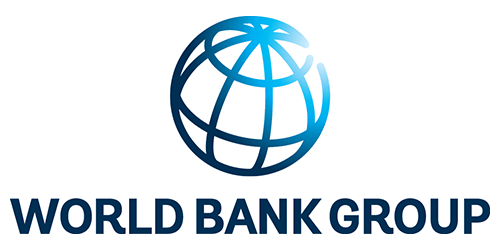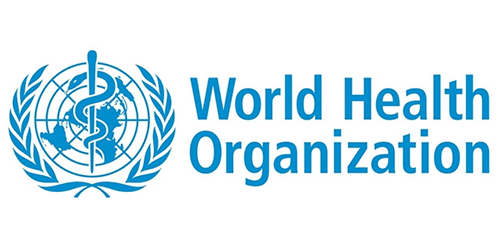
The calls for speed limits to be lowered on highways and city streets have been growing as the connection between lower speeds, lowering road trauma rates, and reducing fuel use and CO2 emissions is finally being understood.
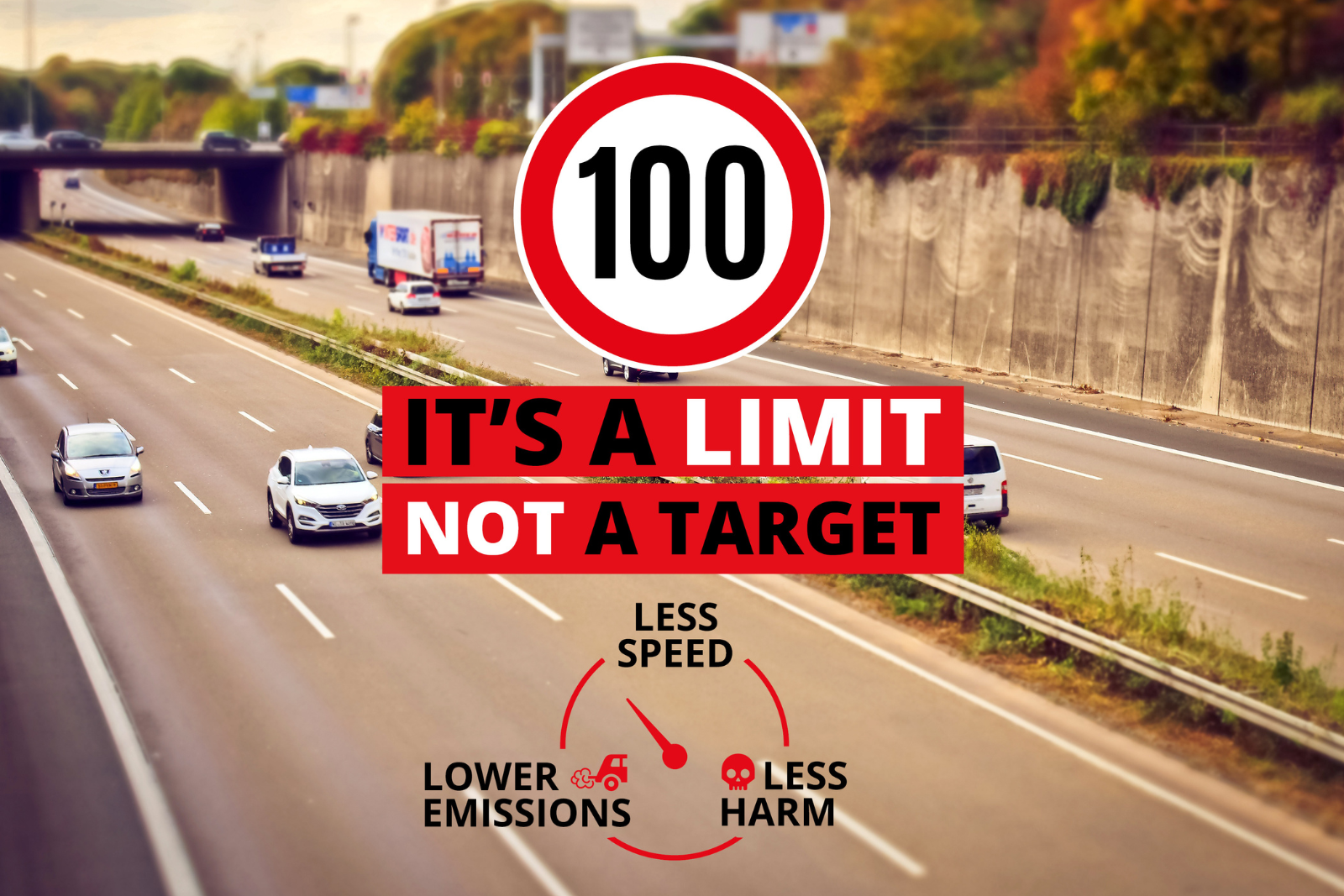
The calls for speed limits to be lowered on highways and city streets have been growing as the connection between lower speeds, lowering road trauma rates, and reducing fuel use and CO2 emissions is finally being understood.
When the Global Plan for the Decade of Action for Road Safety 2021 to 2030 was released, it contained important speed-related recommendations. These recommendations included:
The link between mean traffic speeds and road trauma rates is one that has been proven time and time again in multiple real-world studies. This basic ‘rule of thumb’ applies:
A five per cent decrease in average speed leads to approximately a 10 per cent decrease in all injury crashes and a 20 per cent decrease in fatal crashes.
But fewer killed and injured is not the only benefit. Lower speeds also translate into lower fuel use and lower CO2 emissions. You can read about it here.
“The direct benefits of reducing the speed on the highway from 130 to 110 km/h corresponds to a fuel saving of 16% per kilometer driven.”
All of us have been watching the growing effects of catastrophic climate change, the calls to increase the investment in renewable energy and to reduce transport emissions. We must reverse global warming that is causing climate extremes resulting in floods, hurricanes, and temperature extremes.
All of us have an ability to take action now. Reducing speed offers immediate potential to reduce road trauma, reduce CO2 emissions and save the planet.
While the Global Road Safety Partnership (GRSP) continues to call on governments to heed the recommendations of the Global Plan and reduce speed limits to both improve road safety and reduce dangerous emissions, we also call on drivers to vote with their feet by slowing down.
When speeds reduce, everyone wins.
Dave Cliff CEO,
GRSP
The Global Road Safety Partnership (GRSP) is thrilled to congratulate Dr Judy Fleiter who was awarded the Australasian College of Road Safety’s (ACRS) most prestigious award on 29 September 2022.
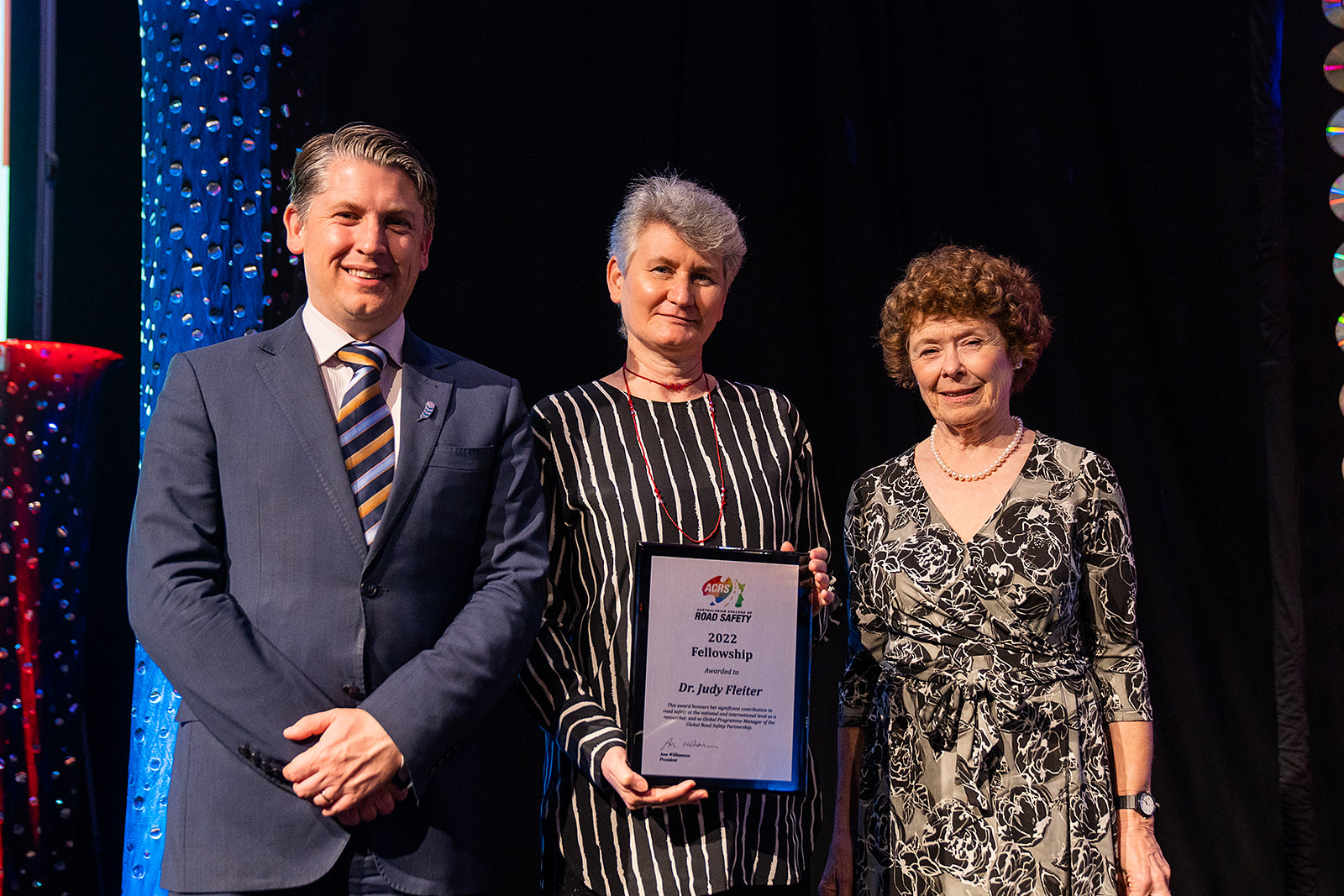
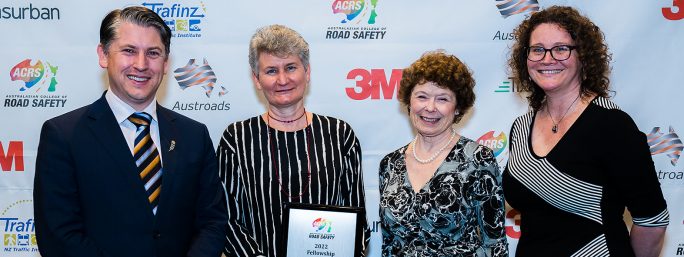
The Global Road Safety Partnership (GRSP) is thrilled to congratulate Dr Judy Fleiter who was awarded the Australasian College of Road Safety’s (ACRS) most prestigious award on 29 September 2022. Dr Fleiter was honoured with the ACRS Fellowship at the Australasian Road Safety Conference in Christchurch, New Zealand. Further, the award was presented by the New Zealand Minister for Transport Hon Michael Wood, ACRS President Professor Ann Williamson, and ACRS CEO Dr Ingrid Johnston.
Initially, the ACRS established the award of College Fellow in 1991. The list of Fellows that have been recognized as outstanding road safety professionals has been growing each year since. These professionals are acknowledged for their exceptional career commitment and efforts to advance the field of road safety and reduce road trauma. The ACRS Fellowship is the Australasian road safety community’s highest honour.
For over 20 years, Judy has studied, researched and worked with a keen focus on road user behaviours and how to improve the safety of every person as they interact with the road network. Her research and work have spanned many countries and for the last six years, she has led GRSP’s contribution to the Bloomberg Philanthropies Initiative for Global Road Safety (BIGRS).
Judy’s work to improve global road safety outcomes includes road safety capacity building efforts in Mexico, Colombia, Brazil, China, Indonesia, Thailand, Philippines, Bangladesh, Argentina, Viet Nam, India, Ghana, Ukraine, Ethiopia, Tanzania, Kenya, and Ecuador. She has contributed technical expertise and a keen understanding of how people interact with traffic systems in areas including legislative improvements, policy advocacy, road safety strategy development, legislative implementation, enhancing road policing enforcement capacity, and the development and delivery of road safety leadership courses.
“Judy’s award is an acknowledgement of the enormous contribution that she has made to improving global road safety, particularly in low- and middle-income countries where the needs are greatest,” said David Cliff, CEO of GRSP. “Judy has been an exemplar of dedication and commitment to following the evidence as to what we know works and being a tireless road safety champion. GRSP has been privileged to have Judy working as our Global Manager since 2016 and we offer our sincere congratulations for this richly deserved recognition.”
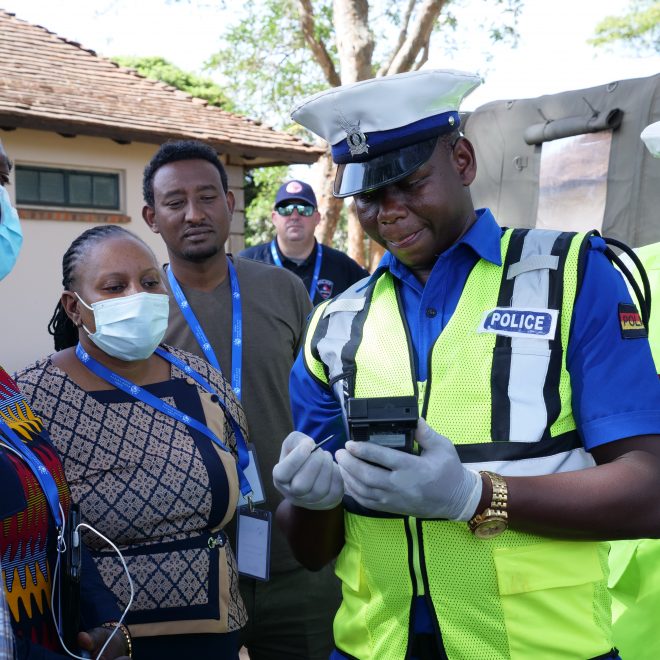
A total of 37 road policing officers and police leaders from Ethiopia, Ghana, Kenya, Namibia, Uganda, and Romania attended the second Road Policing Executive Leadership Course 2022 (RPELC), offered through the Global Road Safety Leadership Course (GRSLC) suite of programmes.
This year’s RPELC was the first in-person course and was jointly delivered in October in Nairobi, Kenya, by the Global Road Safety Partnership (GRSP) and Johns Hopkins International Injury Research Unit (JH-IIRU), with the support of Bloomberg Philanthropies Initiative for Global Road Safety (BIGRS).
A total of 37 road policing officers and police leaders from Ethiopia, Ghana, Kenya, Namibia, Uganda, and Romania attended the second Road Policing Executive Leadership Course 2022 (RPELC), offered through the Global Road Safety Leadership Course (GRSLC) suite of programmes.
This year’s RPELC was the first in-person course and was jointly delivered in October in Nairobi, Kenya, by the Global Road Safety Partnership (GRSP) and Johns Hopkins International Injury Research Unit (JH-IIRU), with the support of Bloomberg Philanthropies Initiative for Global Road Safety (BIGRS).
The six-day course showcased evidence-based road policing material developed by GRSP’s Road Policing experts, in line with the cultural context of the attendees. Topics included current road safety trends, leadership principles, the role of enforcement in the Safe System approach, deterrence theory, legitimacy in policing, tasking and coordination, data collection, intelligence-led road policing, case studies, and the strategic alignment of mass media and public awareness campaigns with enforcement.
“We are extremely grateful for the opportunity to have attended this course. The content was well-researched and relevant to our different situations at home,” explained SP Boniface Otieno, a member of the Kenya Police Service and a dedicated participant.
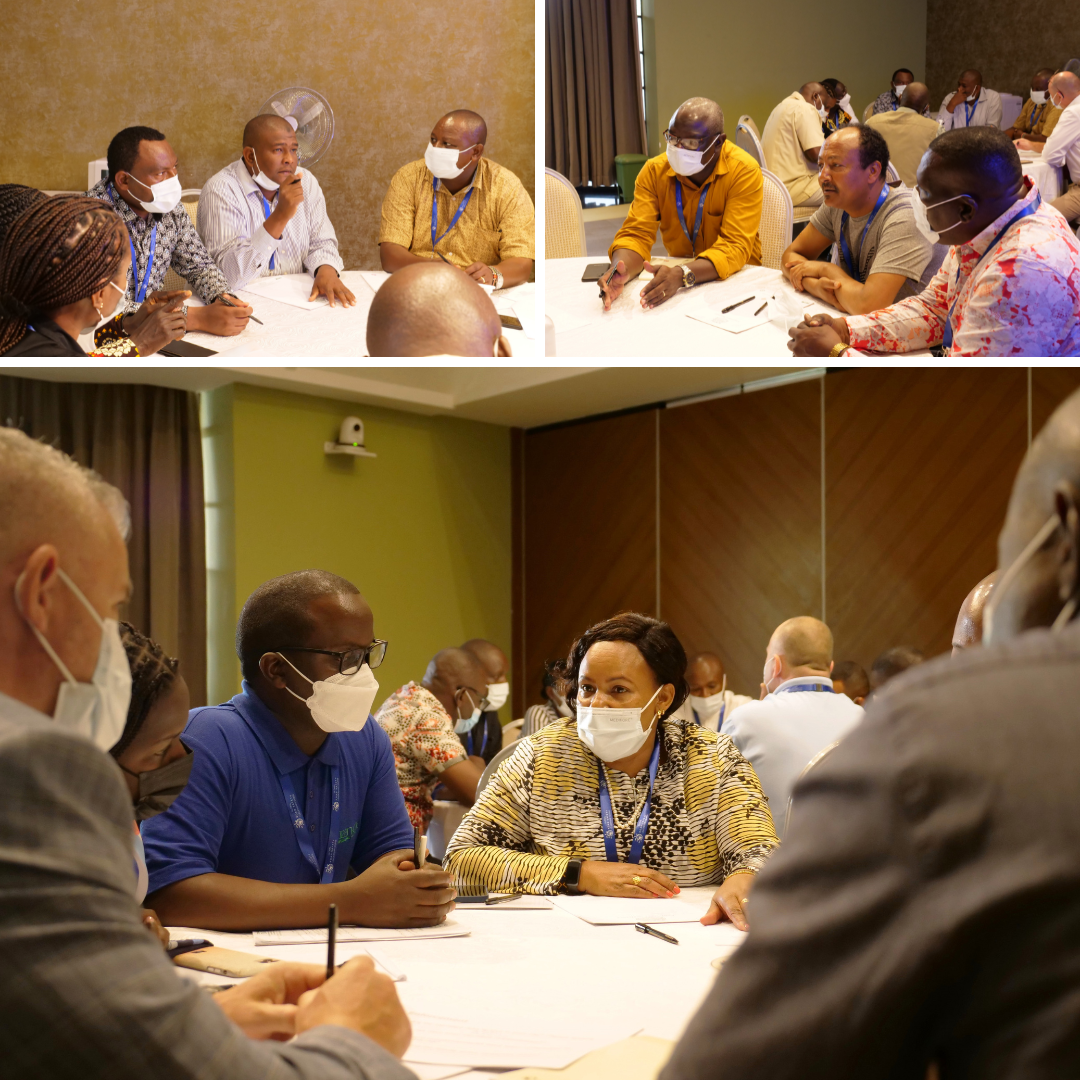
The course also included a virtual conference conducted by Senior Transport Development Expert David Niyonsenga, member of the African Union, in which he discussed the road safety context in Africa and the role of the African Road Safety Observatory (ARSO). Transport Specialist Arif Uddin, from the Global Road Safety Facility (GRSF) of the World Bank, also virtually joined as a presenter and outlined the intersection between enforcement and infrastructure improvements.
Participants were allocated into breakout working groups of seven throughout the course. This encouraged them to cultivate an atmosphere of camaraderie while brainstorming, collaborating, and sharing their own experiences.
With the aim of providing hands-on exercises, the RPELC offered a practical speeding and drink driving enforcement field activity in collaboration with the Kenya Police Service (KPS). GRSP’s Road Policing experts and KPS officers guided participants through a circuit of activities relevant to this type of enforcement operation.
“After this week, we will have some true champions from the policing community in these countries that we are working in. They will be able to effect real change on the ground and be leaders in their own jurisdictions. They will take home practical knowledge that they will be able to apply to their day-to-day jobs,” noted the Director of the JH-IIRU, Professor Abdul Bachani.
“We know that leadership in all walks of life makes an enormous difference. Leading and motivating people and explaining what works and what doesn’t work are critical features of road safety,” said GRSP’s CEO Dave Cliff. “Through changing road policing practice, we can make a difference, particularly in low- and middle-income countries in which the BIGRS is operating.”
GRSP and JH-IIRU’s staff congratulate all participants for the professionalism and enthusiasm they demonstrated throughout the week. Further, we extend our gratitude to the BIGRS for the support in the second delivery of the RPELC. We look forward to continue engaging with policing leaders in BIGRS countries to support the strengthening of road policing activities.
GRSP is happy to welcome The International Road Victims’ Partnership (IRVP) amongst its valued members. The IRVP is a group of NGOs coming from all regions of the world whose aim is to improve Post-Crash Response. To do this, IRVP collaborates with all road safety stakeholders upholding a true spirit of partnership.
GRSP is happy to welcome The International Road Victims’ Partnership (IRVP) amongst its valued members. The IRVP is a group of NGOs coming from all regions of the world whose aim is to improve Post-Crash Response. To do this, IRVP collaborates with all road safety stakeholders upholding a true spirit of partnership.
“We are delighted to welcome the IRVP as a GRSP member,” said David Cliff, CEO of the GRSP. “The work that IRVP does in supporting the investigation of road traffic collisions, the treatment of crash victims (including medical and rehabilitative care), emotional support, civil compensation, and justice, is commendable. Together we will continue to enhance our contributions to the reduction of road trauma and the improvement of post-crash response”.
“The IRVP was established in 2017 to advocate for improving the post-crash response, including with victims’ rights in all regions of the world. Many of our organizations were started by bereaved families and our first report focused on Road Death Investigation (2018),” explained Founder and Chairperson of the IRVP, Donna Price. “We look forward to working with GRSP, sharing experience and knowledge, to help keep a focus on the justice system, including with thorough investigations as these are needed for evidence-based road safety programmes as well as for criminal and civil justice.”
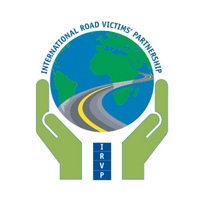
The World Day of Remembrance for Road Traffic Victims (WDoR) is commemorated every third Sunday of November and it presents an opportunity to raise awareness on the road trauma epidemic and its colossal impact. It provides a platform for families, civil organizations, leaders, decision-makers, and government agencies to acknowledge the tragic loss of life and remember that road crashes are unacceptable.
The World Day of Remembrance for Road Traffic Victims (WDoR) is commemorated every third Sunday of November and it presents an opportunity to raise awareness on the road trauma epidemic and its colossal impact. It provides a platform for families, civil organizations, leaders, decision-makers, and government agencies to acknowledge the tragic loss of life and remember that road crashes are unacceptable.
Road safety stakeholders operating with the support of the Bloomberg Philanthropies Initiative for Global Road Safety (BIGRS) prepared for this important day by organizing a wide array of projects and events. You will find a few examples of our partners’ work below.
Ghana
On 20 November 2022, the Accra Metropolitan Assembly (AMA) and the Accra BIGRS team joined road safety institutions to commemorate this year’s WDoR at the Apenkwa– Achimota Interchange in Accra, Ghana. Officials from the National Road Safety Authority (NRSA), Ministry of Transport (MoT), the Ghana Police Service (GPS), civil society organizations, road transport unions, and media outlets attended the event. This year’s commemoration placed a spotlight on “justice”.
Various speakers reiterated their support for road crash victims and the relevance of WDoR throughout the ceremony. Furthermore, they pledged their commitment to reducing road fatalities and crashes and called on all road safety stakeholders and agencies to join forces to tackle the menace of road crashes in the communities, particularly at the Apenkwa-Achimota Interchange.
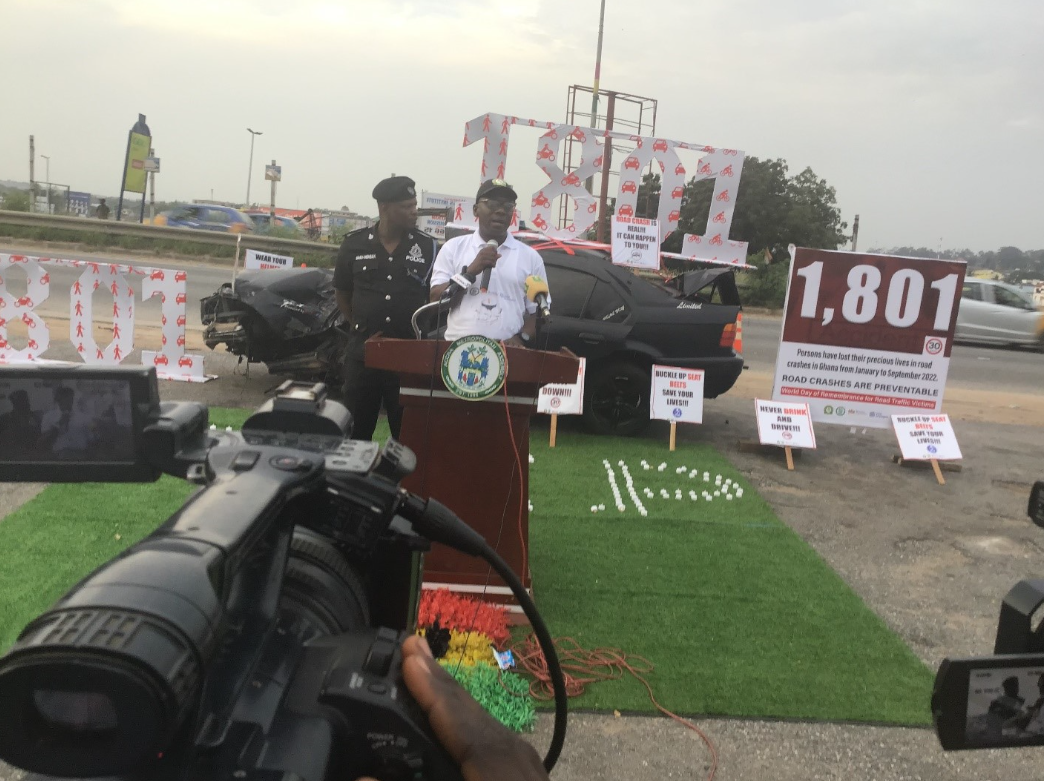
Ing. David Osafo Adonteng, the Acting Director General NRSA, addressing WDoR 2022 participants
Uganda
The Center for Policy Analysis (CEPA), together with the Road Safety Advocacy Coalition Uganda’s (ROSACU) members, convened an event at the Old Taxi Park in Kampala to remember road traffic victims, and advocate for the improvement of road safety. During the event, the Minister for Kampala Capital City, Hon Minsa Kabanda, asked the taxi and motorcycle operators to adhere to the road safety law and regulations. Additionally, she noted that the Ministry of Kampala will continue to collaborate with civil society organizations and other stakeholders to promote road safety.
Representatives from the Ministry of Works and Transport, and the Ministry of Health took part in the event as well. In their remarks, they indicated that all road safety stakeholders need to focus on the activities included in the National Road Safety Action Plan (NRSAP) to reduce the increasing number of road crashes.
The day after the event, CEPA hosted a Twitter Spaces session in remembrance of the road traffic victims. Over 250 people joined the live event, including representatives from the Ministry of Works and Transport, Global Health Advocacy Incubator (GHAI), and ROSACU, as well as journalists and members of the general public.
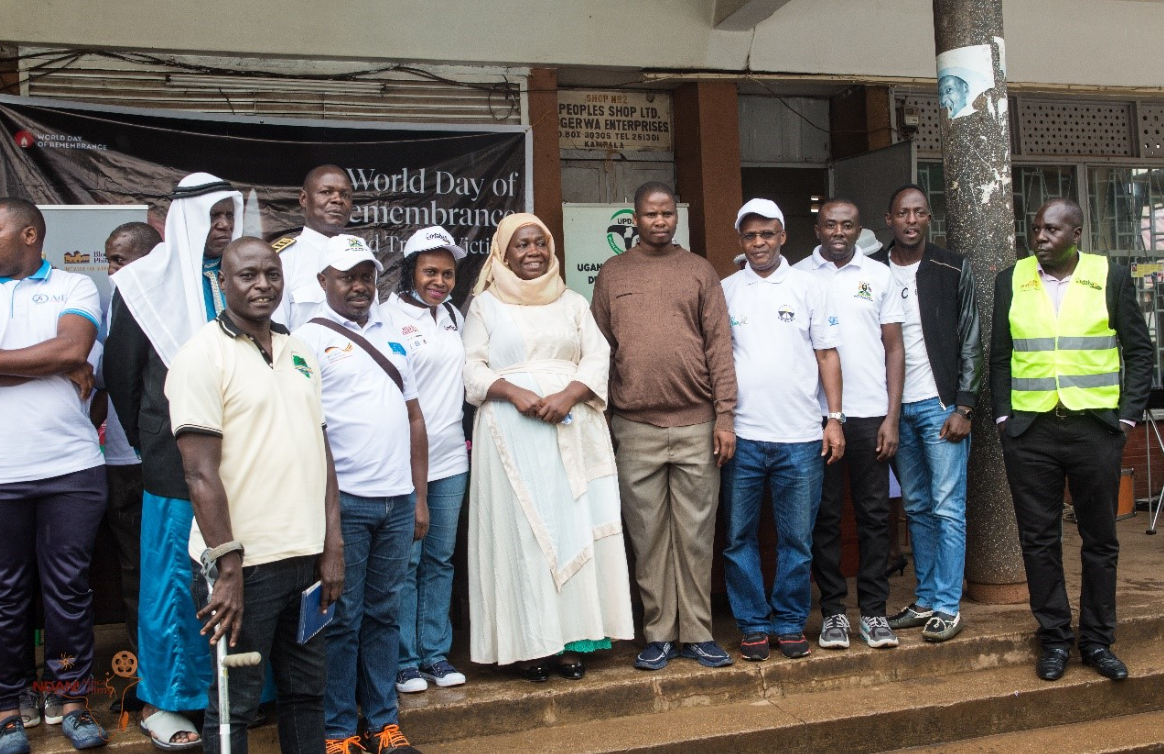
Civil society representatives at the WDoR 2022 event in Kampala
Enforcement Week in Commemoration of WDoR 2022
Under the initiative of GRSP’s Road Policing team, the Kampala Metropolitan Traffic Police (Uganda), the Windhoek City Police Service (Namibia), the Accra Metropolitan Traffic Police (Ghana) and Addis Ababa’s Traffic Police and Traffic Management Agency (Ethiopia) conducted a series of enforcement operations a week prior to WDoR 2022.
Each enforcement agency chose locations according to the concentration of black spots/crashes and carried on with evidence-based road policing activities. Altogether, 353 officers participated in the enforcement week in commemoration of WDoR 2022.
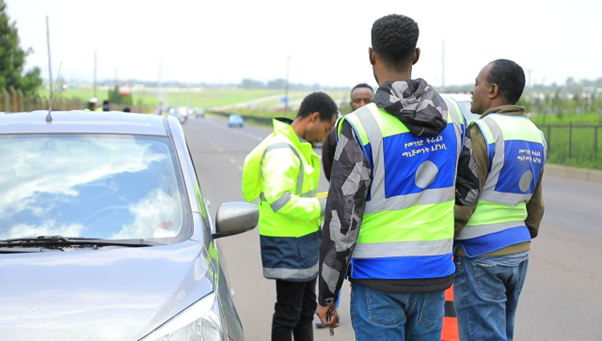
Officers from Addis Ababa partaking in the enforcement activities
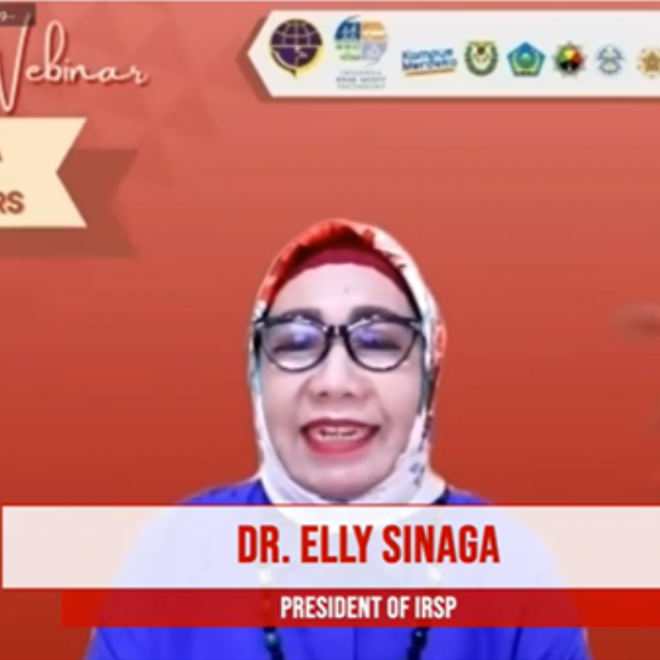
By: Estiara Ellizar, International Partnership Coordinator for the Indonesia Road Safety Partnership
Following the success of the first Indonesia Youth Road Safety Warriors 2021, the Indonesia Road Safety Partnership (IRSP) ran a second Indonesia Youth Road Safety Warriors (IYRSW), which took place from 20 September until 17 November 2022.
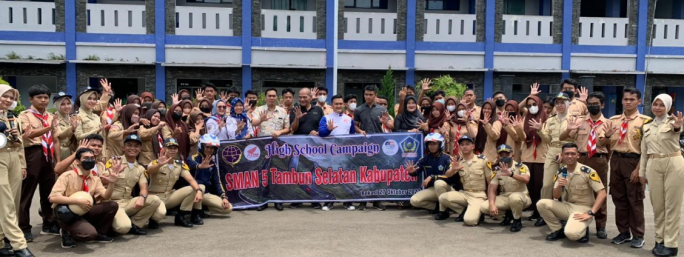
By: Estiara Ellizar, International Partnership Coordinator for the Indonesia Road Safety Partnership
Following the success of the first Indonesia Youth Road Safety Warriors 2021, the Indonesia Road Safety Partnership (IRSP) ran a second Indonesia Youth Road Safety Warriors (IYRSW), which took place from 20 September until 17 November 2022.
The IYRSW is part of the national education programme from the Ministry of Education and Culture of Indonesia titled “Merdeka Belajar Kampus Merdeka” (Independent Study Independent Campus), equivalent to two-semester credit systems.
This programme was made possible through a partnership between the IRSP, the Ministry of Transport of the Republic of Indonesia, PT Astra Honda Motor, MIROS Malaysia, and some colleges. The six participating colleges were the Indonesian Land Transport Polytechnic (PTDI), Road Transport Safety Polytechnic (PKTJ), Trisakti Transport and Logistics Institute (ITL Trisakti), Gadjah Mada University, Mercu Buana University, and Land Transport Polytechnic of Bali. Altogether, a total of 134 students participated.
The IYRSW began with a two-day webinar that was officially launched by the Minister of Transportation of Indonesia, H.E. Budi Karya Sumadi, on 20 September. The Minister also officially closed the programme on 17 November by establishing the new alumni as members of the Indonesia Youth Road Safety Coalition (IYRSC), a space for all alumni of the IYRSW programme—that now has a total of 194 members.
With support from Shell Oman, GRSP presented the VIA global road safety education programme to the Ministry of Education (MoE) of Oman and the Royal Oman Police (ROP) in late August 2022. Following the success of the meeting, the MoE held a four-day workshop to review the programme’s materials and tailor them to the local context.
With support from Shell Oman, GRSP presented the VIA global road safety education programme to the Ministry of Education (MoE) of Oman and the Royal Oman Police (ROP) in late August 2022. Following the success of the meeting, the MoE held a four-day workshop to review the programme’s materials and tailor them to the local context.
In order to push the project forward, GRSP conducted a thorough VIA training in November for more than 30 MoE and ROP representatives, as well as teachers from surrounding schools.
“It is a delight to bring VIA to Oman. We’re very confident that we’re going to see the benefits in children being able to navigate the road system, both to and from school, and in their everyday interactions,” commented GRSP’s Communications, Membership, and Project Support Manager Michael Chippendale during the training.
Watch the video!
The VIA Programme has been deployed in South Africa in the provinces of Gauteng (Soweto and Vaal) and Eastern Cape (Port Elizabeth) and is set to engage about 18,000 students in 60 schools.
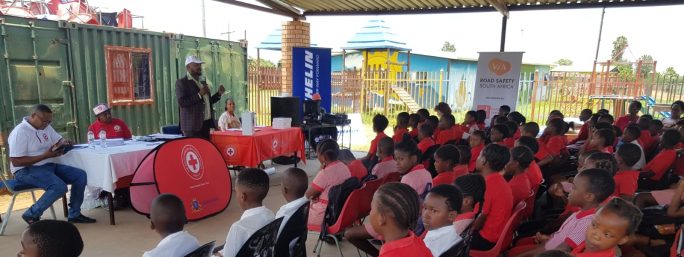
The VIA Programme has been deployed in South Africa in the provinces of Gauteng (Soweto and Vaal) and Eastern Cape (Port Elizabeth) and is set to engage about 18,000 students in 60 schools. The project’s implementation is the result of a multi-pronged partnership: from the donors, TotalEnergies South Africa and Michelin South Africa, to the global managers, the GRSP, to the local implementers, the South African Road Safety Partnership, the South African Red Cross Society, to the strategic partner, South Africa’s Department of Education.
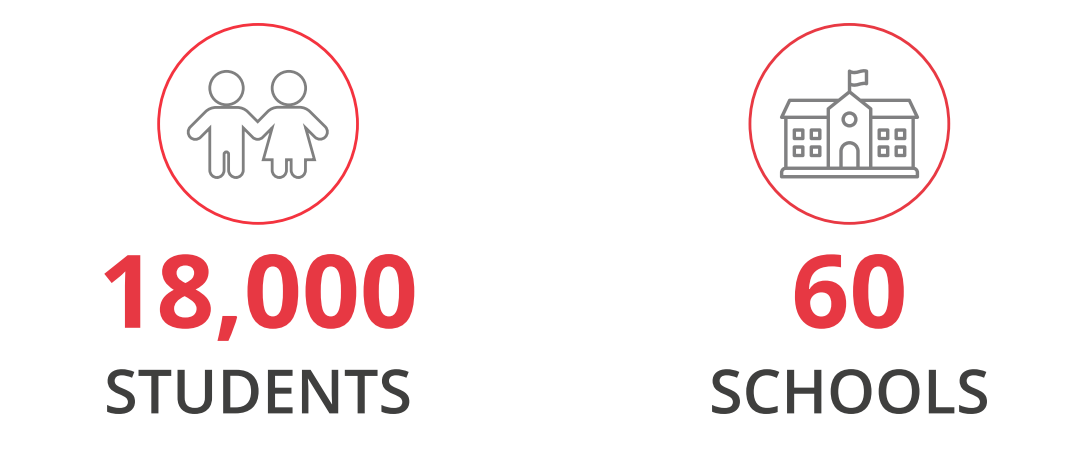
Thirty schools in the Gauteng Province were engaged throughout the year, reaching approximately 9,000 students. Following this, the month of November saw students from the Ramotse Village, located in northern Gauteng Province, attending the programme’s graduation. Children received their certificates and participated in VIA-related activities alongside their educators.
The implementation of further VIA activities began in November, with an additional 20 identified schools in the Eastern Cape.
With the participation of over 200 students and 15 Bridgestone volunteers, Safe Kids China held the last Safe to School – Safe to Home event of the year in Shanghai. The event integrated a series of interactive activities for children that helped them learn the correct usage of helmets, child restraints, seatbelts, and pedestrian crossings. Parents of the student body and Traffic Police officers were involved throughout the event as well.
The Safe to School – Safe to Home programme, supported by Bridgestone Asia-Pacific, was initially launched in December 2021, and successfully engaged 800 students and their families and executed five infrastructure improvements surrounding school zones.
Watch their video and learn more about the programme!
On 29 September 2022, CUTS International Accra, with support from GRSP, held an inaugural meeting and capacity building workshop for civil society organizations (CSOs) working on road safety in Ghana. Forty-five attendees from various CSOs participated in the workshop, including members of the Ghana National Road Safety Authority…
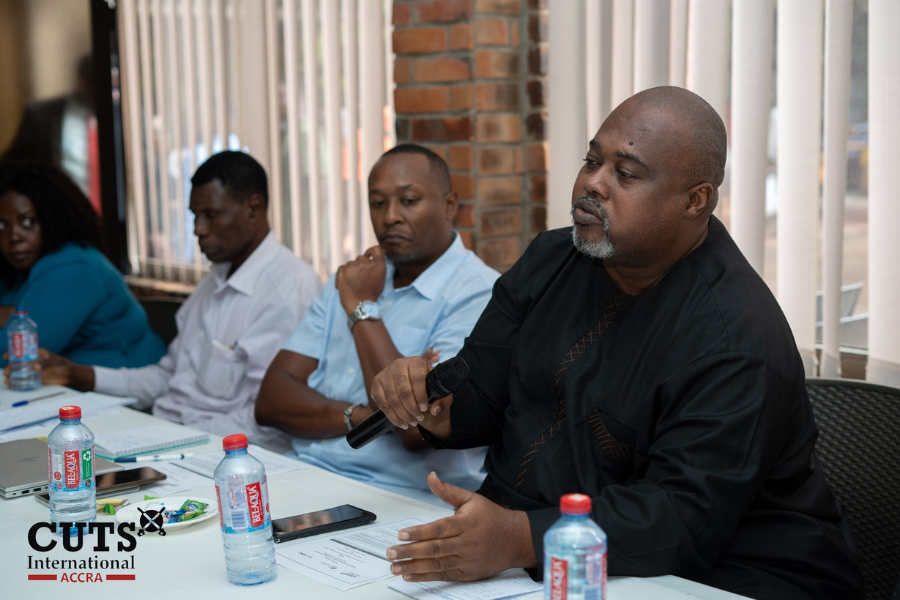
On 29 September 2022, CUTS International Accra, with support from GRSP, held an inaugural meeting and capacity building workshop for civil society organizations (CSOs) working on road safety in Ghana. Forty-five attendees from various CSOs participated in the workshop, including members of the Ghana National Road Safety Authority (NRSA), Driver Vehicle Licenses Authority (DVLA), the Motor Traffic and Transport Division of the Ghana Police Service (MTTD), insurance companies and media outlets.
The meeting discussed strategic CSO collaboration, the establishment of a common platform involving CSOs and key government agencies in road safety and their collaborative efforts to advocate for the improvement of the road safety policy framework in Ghana.
Participants shared their perspectives on the surge in road crashes and fatalities in recent times. They unanimously called on all stakeholders to intensify advocacy efforts and sensitize the public, especially on behavioral road safety risk factors. Finally, there was consensus on the need for improved collaboration among all stakeholders on road safety.
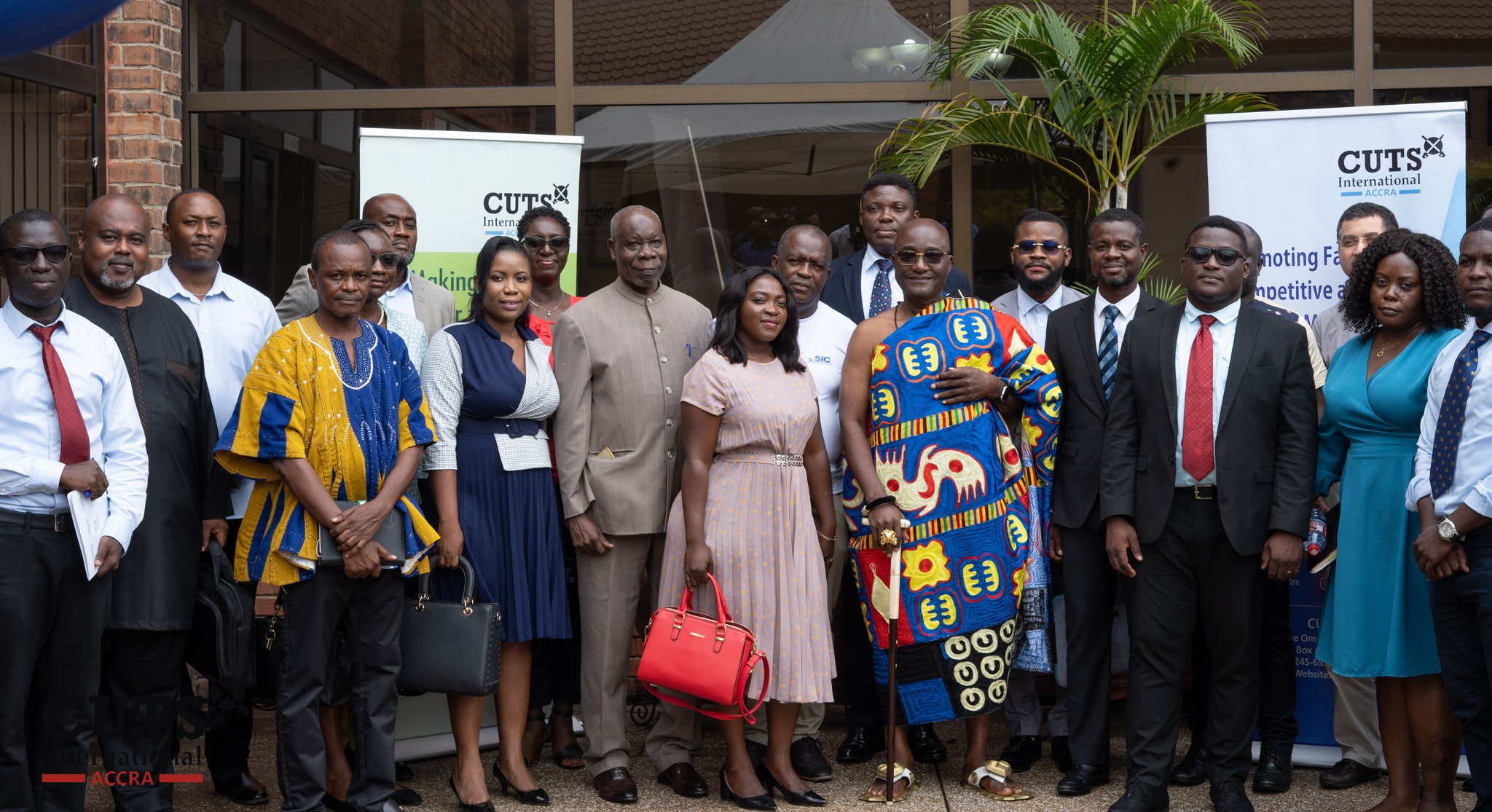
Participants after the meeting
On select Sundays, the main streets of Addis Ababa, in Ethiopia, are taken over by citizens wishing to partake in jogging, walking, cycling, skateboarding, aerobics, as well as martial arts and soccer. Ethiopia’s concept of car-free Sundays was designed to encourage physical activity among citizens and to aid in the reduction of CO2 emissions produced by motorized vehicles.
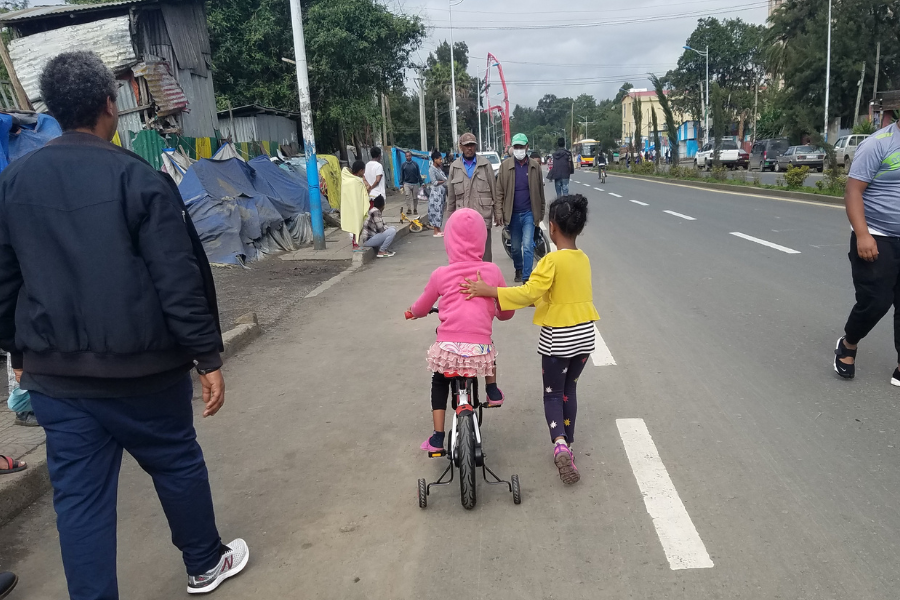
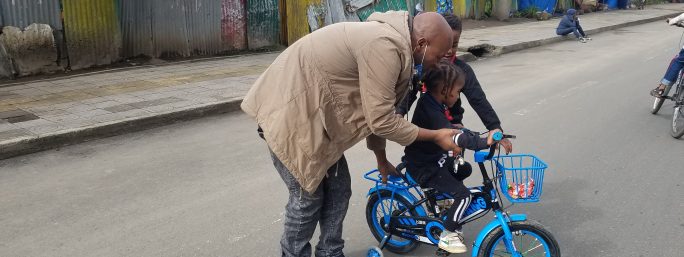
On select Sundays, the main streets of Addis Ababa, in Ethiopia, are taken over by citizens wishing to partake in jogging, walking, cycling, skateboarding, aerobics, as well as martial arts and soccer. Ethiopia’s concept of car-free Sundays was designed to encourage physical activity among citizens and to aid in the reduction of CO2 emissions produced by motorized vehicles.
This vibrant initiative, organized by Ethiopian authorities and other stakeholders, commenced on 8 December 2018 and began gaining significant worldwide attention. Its success has been immensely embraced by the locals, leading authorities to plan the initiative’s gradual expansion.
Authorities in Uganda and Rwanda have been implementing similar schemes in major cities; laying the groundwork for greener initiatives to take place on the continent.
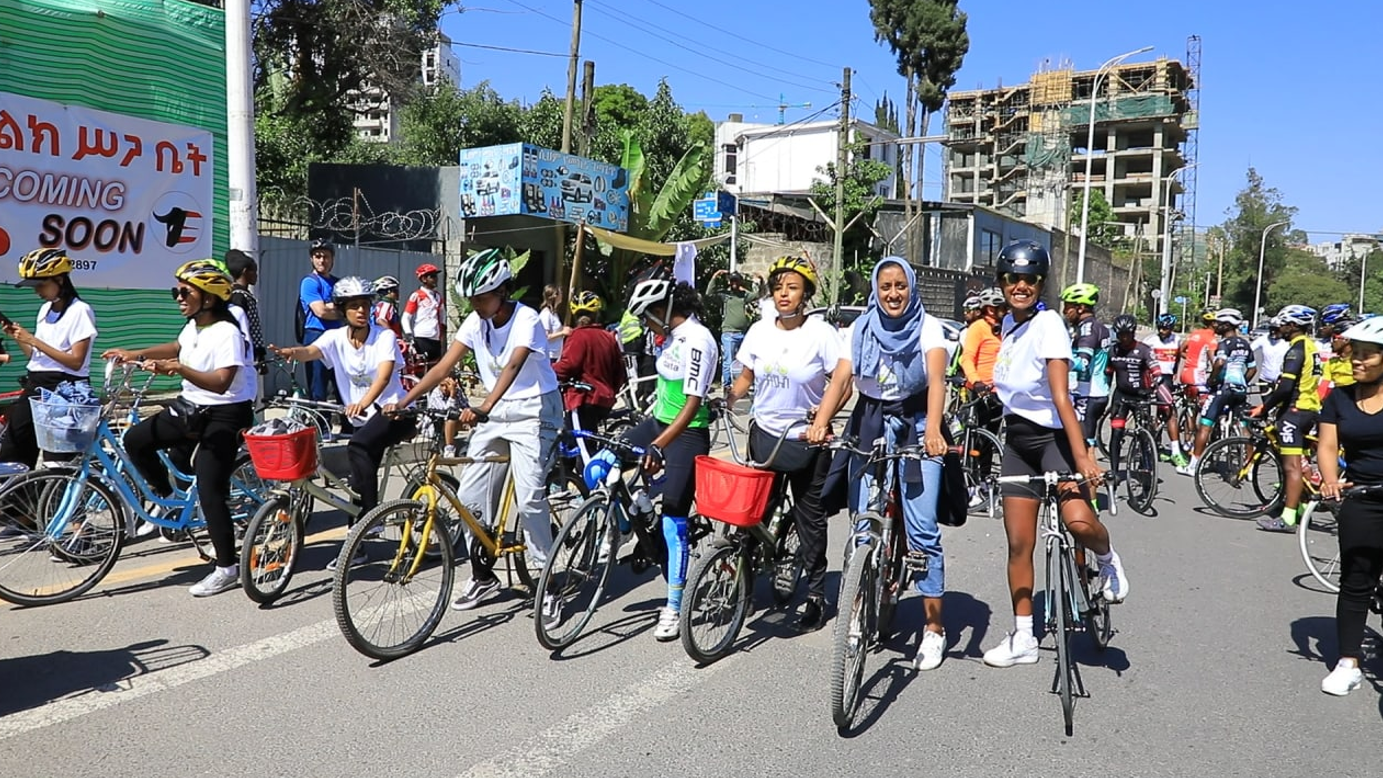
Women participate in a ‘Women Cycle’ car-free Sunday
The GRSP had the pleasure of attending the 14th World Conference on Injury Prevention and Safety Promotion in Adelaide, South Australia in late November. The Safety 2022 conference was hosted by the Public Health Association of Australia and co-sponsored by the World Health Organization (WHO). It aimed to facilitate international information sharing, encourage the promotion of evidence-based safety practices, and the development of the science of injury prevention.
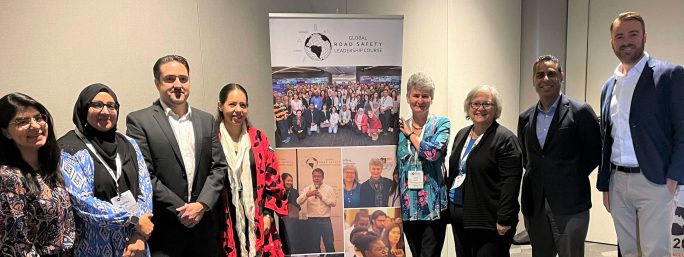
The GRSP had the pleasure of attending the 14th World Conference on Injury Prevention and Safety Promotion in Adelaide, South Australia in late November. The Safety 2022 conference was hosted by the Public Health Association of Australia and co-sponsored by the World Health Organization (WHO). It aimed to facilitate international information sharing, encourage the promotion of evidence-based safety practices, and the development of the science of injury prevention.
Five members of the GRSP team were thrilled to join colleagues in-person from several of our international partners, including organizations that receive grant funding from GRSP’s Road Safety Grants Programme (part of the Bloomberg Philanthropies Initiative for Global Road Safety) and GRSP’s Botnar Child Road Safety Challenge (BCRSC). We conducted workshops about the Global Road Safety Leadership Course (GRSLC) Alumni and Fellowship programmes, as well as one that celebrated 10 years of our Road Safety Grants Programme. In this session, eight of our grantee partners shared their experiences of conducting road safety policy advocacy work in Bangladesh, Colombia, India, Mexico, Philippines, Tanzania and Viet Nam. The session covered the key aspects of policy advocacy including: the importance of timely technical inputs, government engagement, communication strategies and coalition work. Each of these organizations also presented their work independently in other sessions during the conference. It was rewarding to hear conference participants comment on the broad range of work that is being conducted by our grantee organizations across the world.
Two GRLSC sessions were co-delivered with colleagues from Johns Hopkins International Injury Research Unit (JH-IIRU) and showcased the importance of capacity building for the next generation of road safety leaders. Attendees had the opportunity to learn more about the one-year GRSLC Fellowship programme and the work that our Fellows have been conducting in a range of countries across Asia, Africa and Latin America. In particular two Fellows, Valentina Ochoa and Saul Alveano, gave presentations outlining how the Fellowship opportunity is enhancing their road safety efforts in Mexico.
Another workshop focused on showcasing how work continued during the global pandemic. The George Institute (TGI) and GRSP grantees from the Botnar Child Road Safety Challenge (BCRSC) programme conducted a workshop on lessons learnt from implementing a multi-sectorial, safer road to school programmes during COVID-19. Grantees from the World Resource Institute (WRI) India, Asia Injury Prevention Foundation (AIPF) and Centre for Environment Education (CEE) were able to showcase their work, the outcomes they achieved despite the challenges of the pandemic.
GRSP also gave a presentation on an innovative education course that was delivered in 2021-22 focusing on strengthening capacity to improve road safety in the Asia-Pacific region. GRSP gave this presentation on behalf of co-implementers the Asian Development Bank (ADB), APRSO (Asia-Pacific Road Safety Observatory) and iRAP (International Road Assessment Programme). We also delivered a virtual presentation on enhancing capacity to strengthen enforcement of speeding regulations in the Philippines and joined a panel session to speak about innovative approaches to capacity development for injury prevention in low- and middle-income countries.
We look forward to participating in Safety 2024 – in Delhi, India! See you there to continue showcasing and celebrating the remarkable work of our team and our partners.
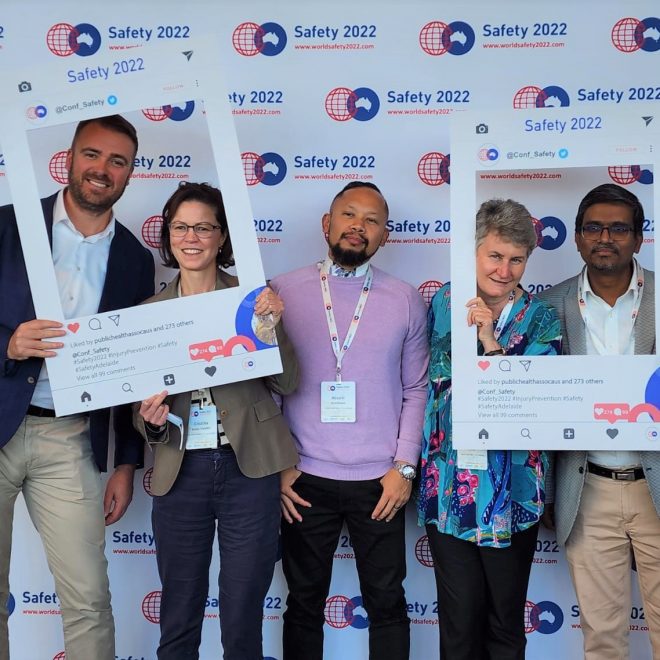
On 14 October 2022, during a high-level meeting convened by the Ministry of Works and Transport in Kampala, Uganda, General Katumba Wamala—the Minister of Works and Transport, launched the National Road Safety Action Plan 2022-2026. Stakeholders present included the Ministry of Works and Transport, the Uganda Police Force (UPF), the Uganda National Roads Authority (UNRA), the Parliament of Uganda, the Ministry of Health (MoH), the Kampala Capital City Authority (KCCA), the Global Health Advocacy Incubator (GHAI) and the World Health Organization (WHO).
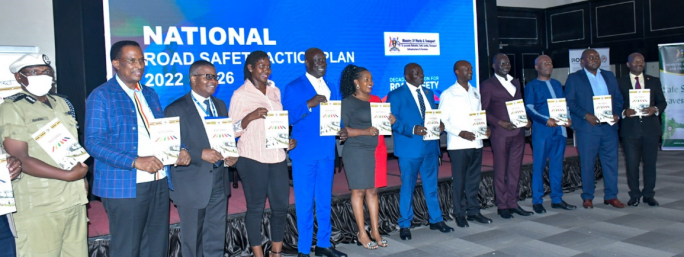
On 14 October 2022, during a high-level meeting convened by the Ministry of Works and Transport in Kampala, Uganda, General Katumba Wamala—the Minister of Works and Transport, launched the National Road Safety Action Plan 2022-2026. Stakeholders present included the Ministry of Works and Transport, the Uganda Police Force (UPF), the Uganda National Roads Authority (UNRA), the Parliament of Uganda, the Ministry of Health (MoH), the Kampala Capital City Authority (KCCA), the Global Health Advocacy Incubator (GHAI) and the World Health Organization (WHO).
Civil society organizations included those under the Road Safety Advocacy Coalition Uganda (ROSACU), including the Centre for Policy Analysis (CEPA), Safeway Right Way (SWRW), HOVITA, URRENO and ACME.
This first ever five-year action plan has an overall goal of reducing road crash fatalities and injuries by 25 per cent by the year 2026. The plan is aligned with the Global Plan for the Decade of Action for Road Safety 2021-2030—drawn from the UN General Assembly’s adopted resolution A/RES/74/299 “Improving Global Road Safety”—with the ambitious target of preventing at least 50 per cent of road traffic deaths and injuries by 2030.
The launch of the National Road Safety Action Plan comes at a time when there is a need to strengthen the efforts for reducing road trauma in Uganda, as the number of road crash deaths has been on an increase. The organizations under the auspices of ROSACU have an opportunity to contribute to the implementation of this action plan, with support from development partners such as the GRSP and the GHAI, among others.
By David Zipper, Bloomberg (3.11.2022)
A few months ago, the United States Department of Transportation Secretary Pete Buttigieg unveiled Momentum, a new federal program created “to help countries around the world learn from our best practices in planning and modernizing transportation.”.

By David Zipper, Bloomberg (3.11.2022)
A few months ago, the United States Department of Transportation Secretary Pete Buttigieg unveiled Momentum, a new federal program created “to help countries around the world learn from our best practices in planning and modernizing transportation.”.
Read the full Bloomberg article here.
With the assistance of Commisioner of Police (CP) Amitabh Gupta and former Deputy Commissioner of Police (DCP) Rahul Shrirame from the Pune City Police and the support from the Bloomberg Initiative for Global Road Safety (BIGRS), GRSP delivered the first in-person capacity building training in Pune, India.
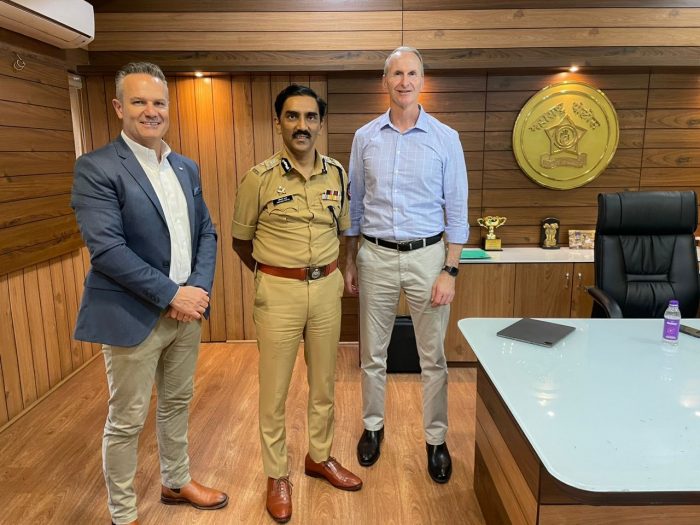
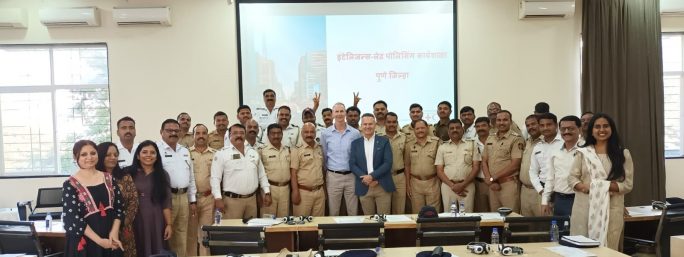
With the assistance of Commisioner of Police (CP) Amitabh Gupta and former Deputy Commissioner of Police (DCP) Rahul Shrirame from the Pune City Police and the support from the Bloomberg Initiative for Global Road Safety (BIGRS), GRSP delivered the first in-person capacity building training in Pune, India.
The workshop, held in October, was attended by 31 police leaders from across the Pune District—which included staff from Pune City, Pune Rural, Pimpri Chinchwad and Pune HSP. Further, the workshop focused on promoting consistency in enforcement across the region. The Road Policing Capacity Building team conducted training in the following areas:
During the second day, the team trained a further 35 officers, all of whom learned about tasking and coordination, and accountability for performance. They engaged in interactive leadership exercises such as understanding road safety demands and risks in order to help them prioritize their enforcement focus.
In November, and with the aid of the local BIGRS team, GRSP returned to Pune and carried on with their capacity building training for the Pune Police District staff. The sessions were well supported by CP Amitabh Gupta—who again facilitated the training in the Pune Police Excellence Hall—and the newly appointed DCP Vijay Magar.
Twenty-nine leadership staff attended the road policing leadership training, and 32 officers attended the intelligence-led policing training. These sessions provided the second cohort of officers an opportunity to enhance their knowledge of the topics noted above.
Altogether, the Road Policing Capacity Building team has now trained over 100 staff throughout the past two months following GRSP’s initial meetings with Pune’s authorities in August.
From 22 August to 3 September 2022, GRSP’s Global Road Safety Advocacy and Grants Programme team traveled to Mexico and Colombia for a series of meetings with implementing partners and stakeholders as part of its ongoing work to build the capacity of grantee organizations in the areas of road safety, advocacy, and project management.
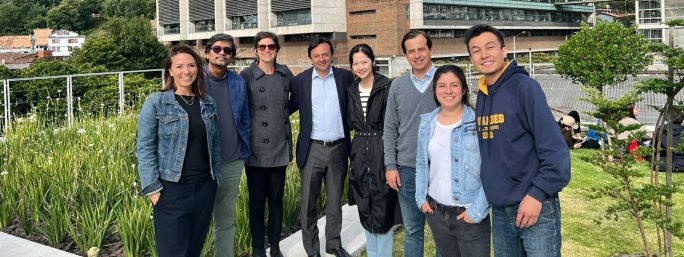
From 22 August to 3 September 2022, GRSP’s Global Road Safety Advocacy and Grants Programme team traveled to Mexico and Colombia for a series of meetings with implementing partners and stakeholders as part of its ongoing work to build the capacity of grantee organizations in the areas of road safety, advocacy, and project management.
GRSP Road Safety Grants Programme Manager Taifur Rahman, Grants Officer Un Yong Choe, Road Safety Consultant Alvaro Guzman, and GHAI In-Country Coordinator were hosted by nine Mexican and seven Colombian civil society organizations to engage in fruitful discussions to further strengthen road safety advocacy strategies to ensure passage of evidenced-based legislations at the national level that incorporates global best practices for the five behavioral risk factors.
This was the first in-person meeting with current and prospective grantee organizations since the pandemic, which also allowed GRSP to provide its ongoing technical support to strengthen grantees’ project financial management capacity.
While in Mexico, the team met with key officials from the Secretariat of Agrarian, Territorial and Urban Development (SEDATU) to discuss the importance of building strong and effective road safety policies, legislations, and partnerships with various local and international partners to improve road safety outcomes in Mexico.
GRSP grantees, Centre for Environment Education (CEE) and Synergie Institute of Trade and Industry, organized a national dialogue to discuss issues and challenges of road safety for children in India. Held in New Delhi on 15 September, the event was the first of its kind in India and was attended by a wide range of stakeholders including government officials, civil society, BIGRS partners and the media.
GRSP grantees, Centre for Environment Education (CEE) and Synergie Institute of Trade and Industry, organized a national dialogue to discuss issues and challenges of road safety for children in India. Held in New Delhi on 15 September, the event was the first of its kind in India and was attended by a wide range of stakeholders including government officials, civil society, BIGRS partners and the media.
Speakers and presenters at the event included senior officials from Transport department, National Highway Authority of India (NHAI), Traffic Police, Union Ministry of Health & Family Welfare (MoHFW), Bureau of Indian Standards (BIS), GRSP grantees (former and current) from Philippines and Vietnam, and road safety experts.
The event generated substantial media attention and created a lot of interest among the stakeholders to pay special attention to the need for effective policies on road safety for children and their implementation.
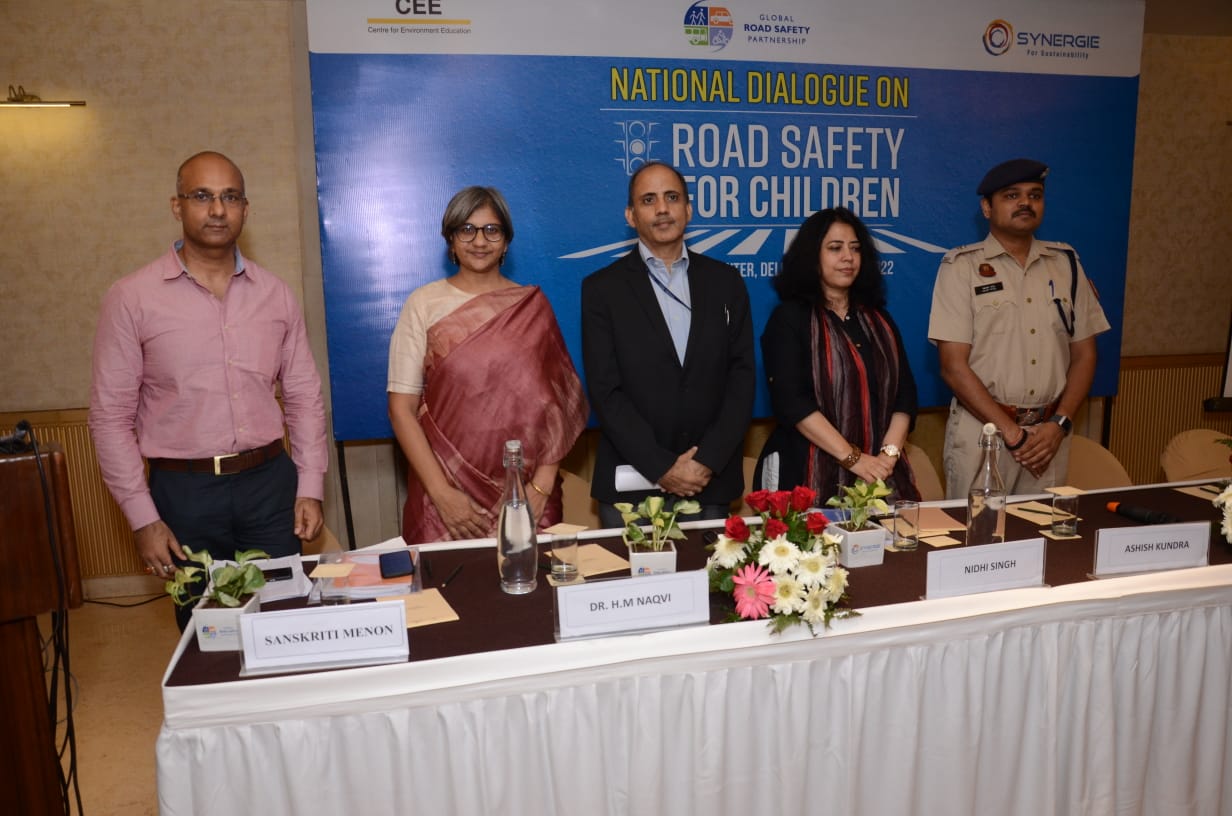
Photo credit: CEE and Synergie
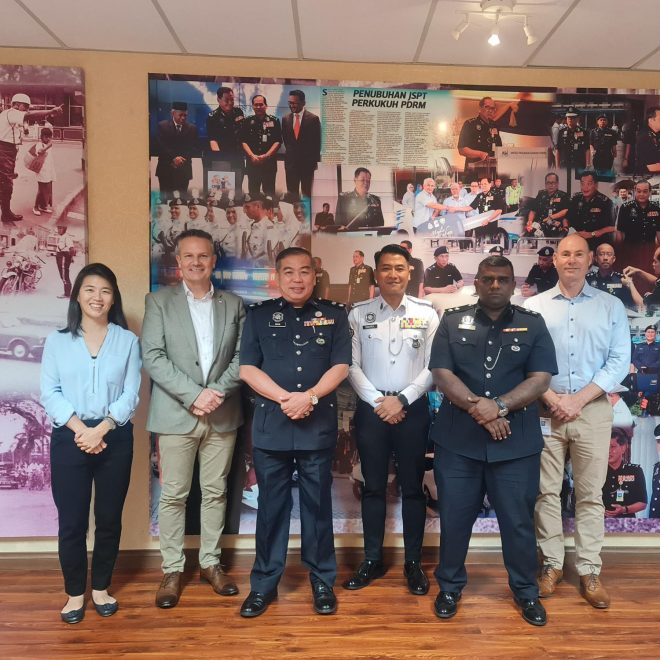
Since the kick-off meeting in Kuala Lumpur in June 2022, GRSP has been building on their engagement with the Royal Police of Malaysia (PDRM). Most recently, GRSP’s Road Policing team travelled to Bukit Aman, the Headquarters of PDRM, where a meeting was held with Senior Assistant Director of the Road Traffic Investigation and Enforcement Division, Superintendent Wan Tien Kwang, along with members from his team.
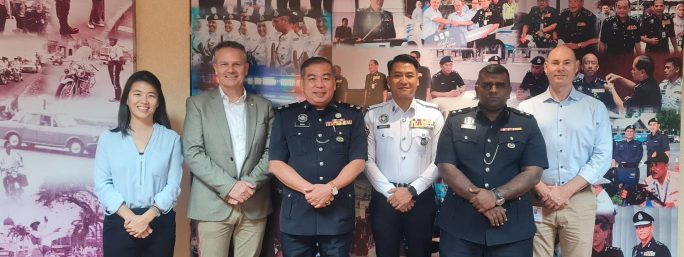
Since the kick-off meeting in Kuala Lumpur in June 2022, GRSP has been building on their engagement with the Royal Police of Malaysia (PDRM). Most recently, GRSP’s Road Policing team travelled to Bukit Aman, the Headquarters of PDRM, where a meeting was held with Senior Assistant Director of the Road Traffic Investigation and Enforcement Division, Superintendent Wan Tien Kwang, along with members from his team.
At the meeting, GRSP presented on the BIGRS programme, and more specifically, held discussions on PDRM’s traffic training framework and the Road Policing Capacity Building programme. Through the national police headquarters, GRSP will seek approval to engage with the officer in charge of the Kuala Lumpur Traffic Police to formally commence capacity building activities in the city.
We are delighted to announce that GRSP will attend the World Police Summit 2023 in Dubai, United Arab Emirates, as a strategic partner. The conference, to be held from 7 to 9 March 2023, is set to bring together a global policing community to address today’s challenges and explore the latest developments in key enforcement areas.


